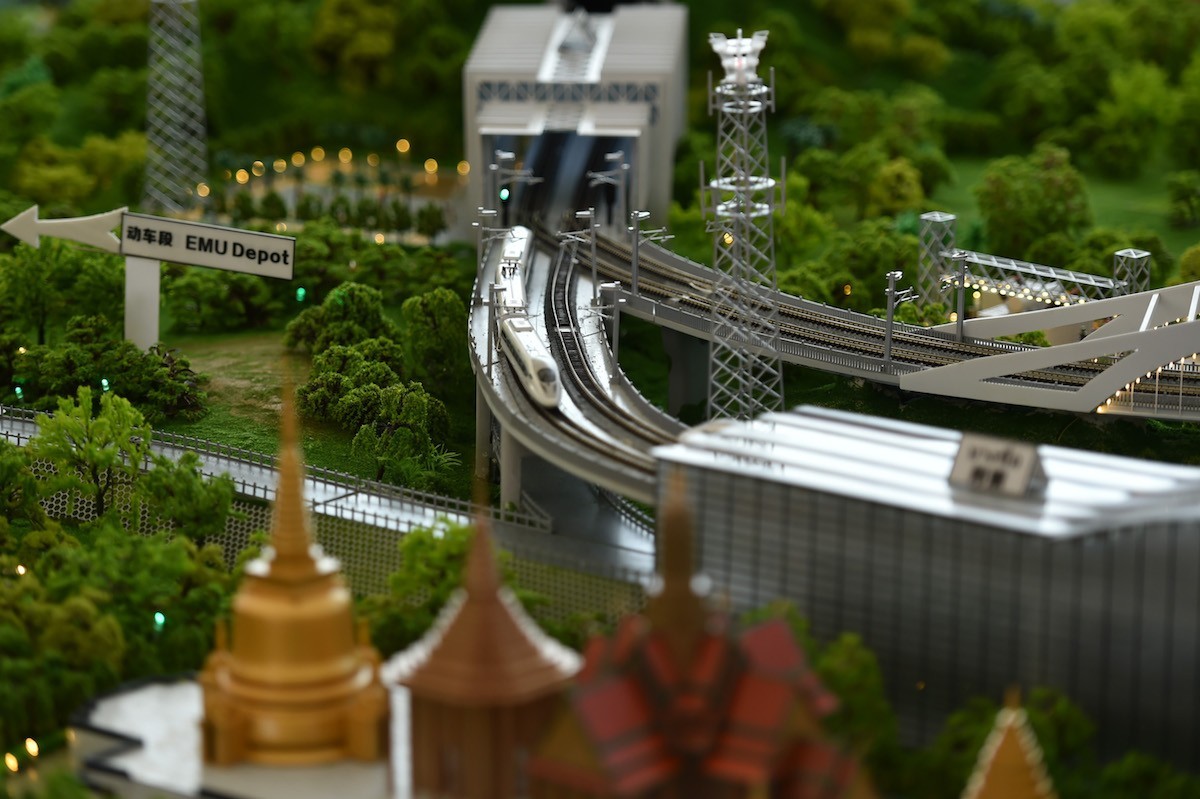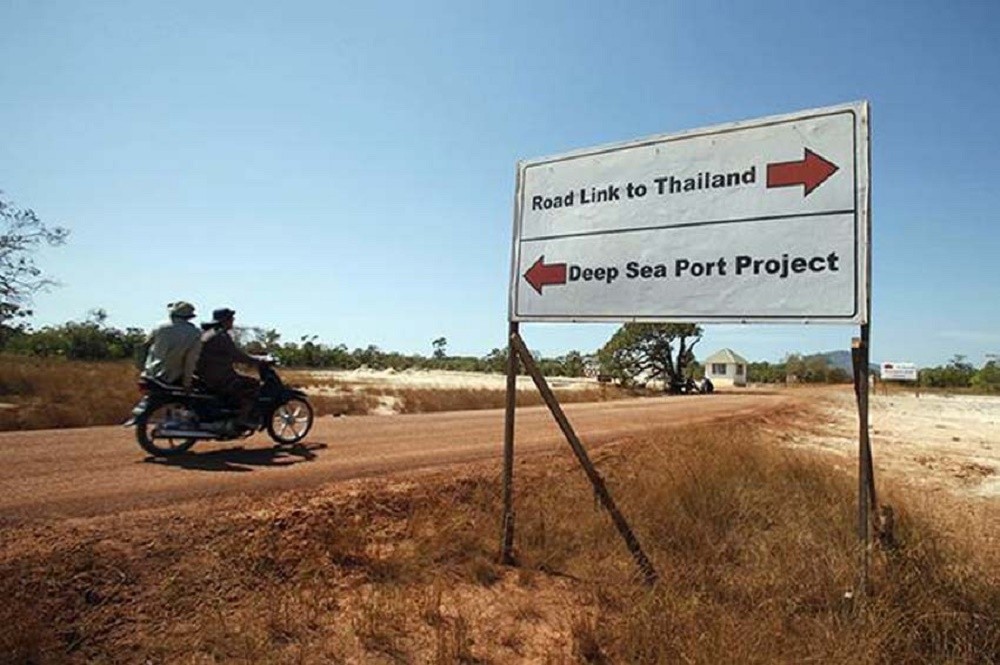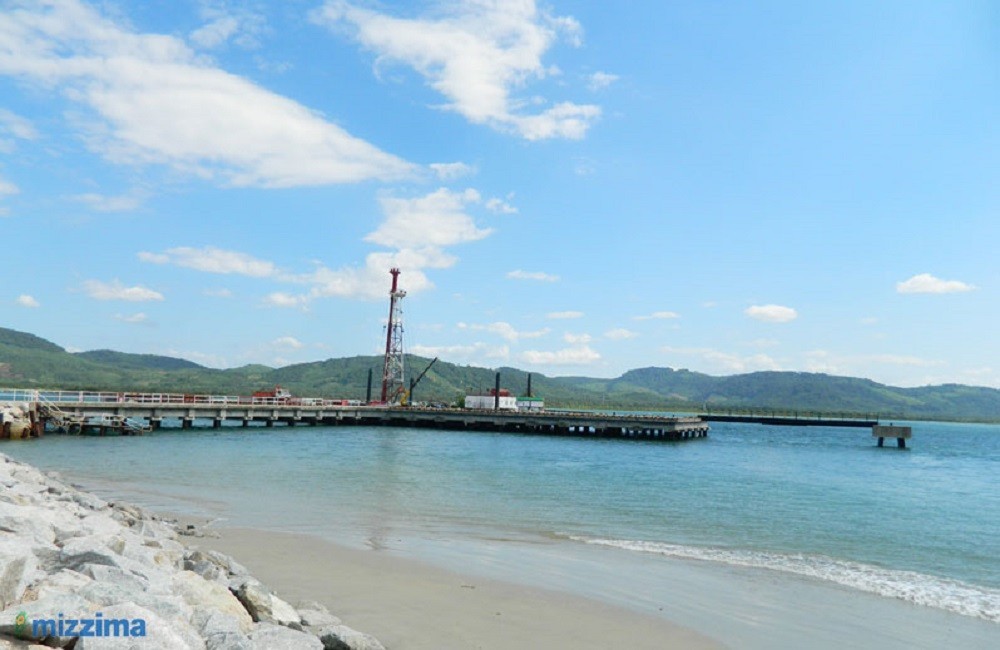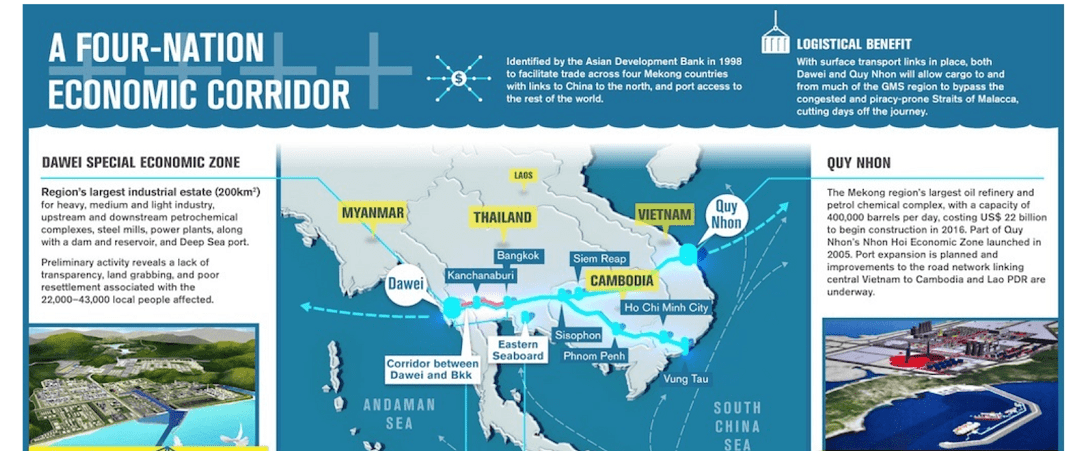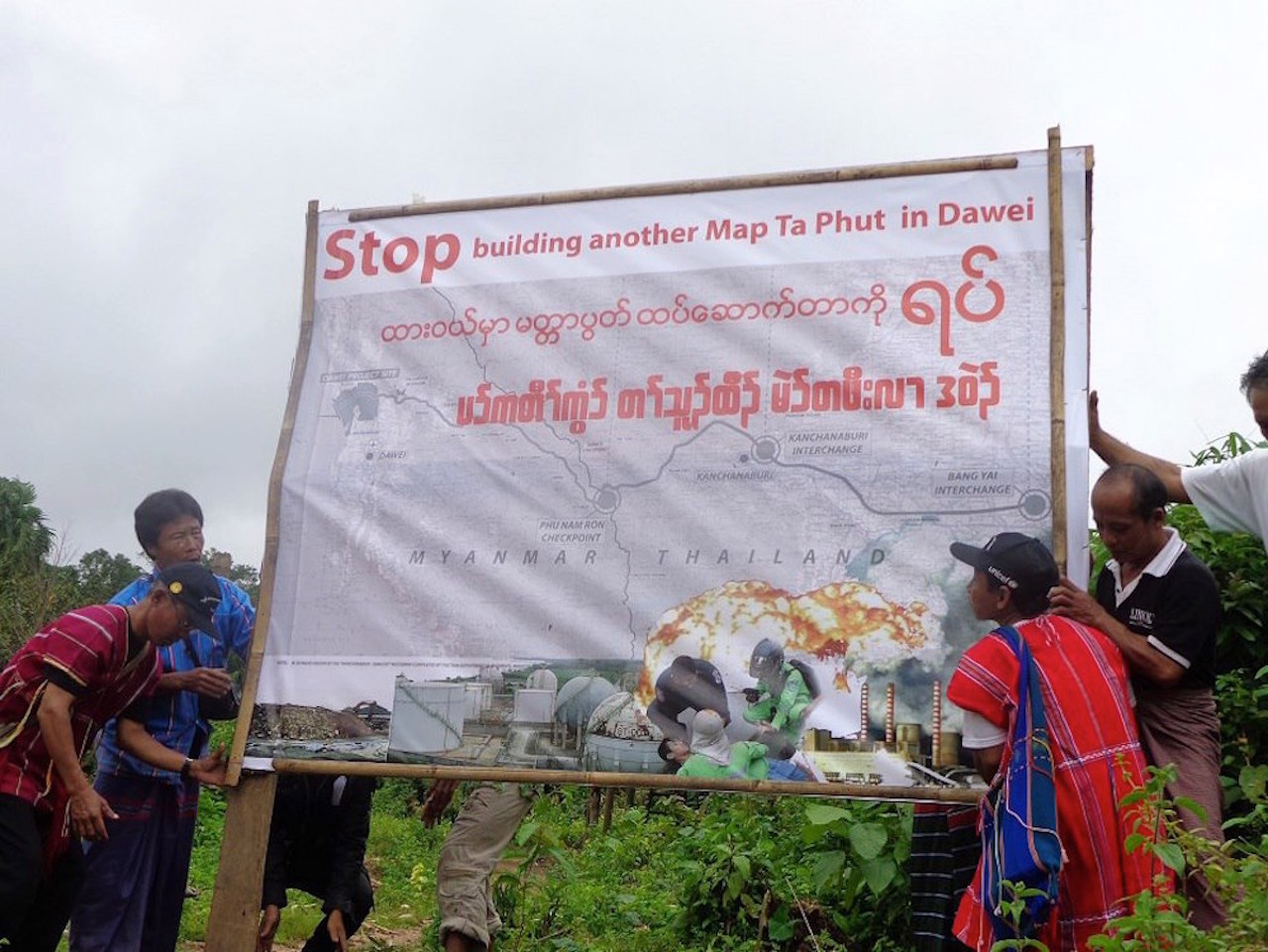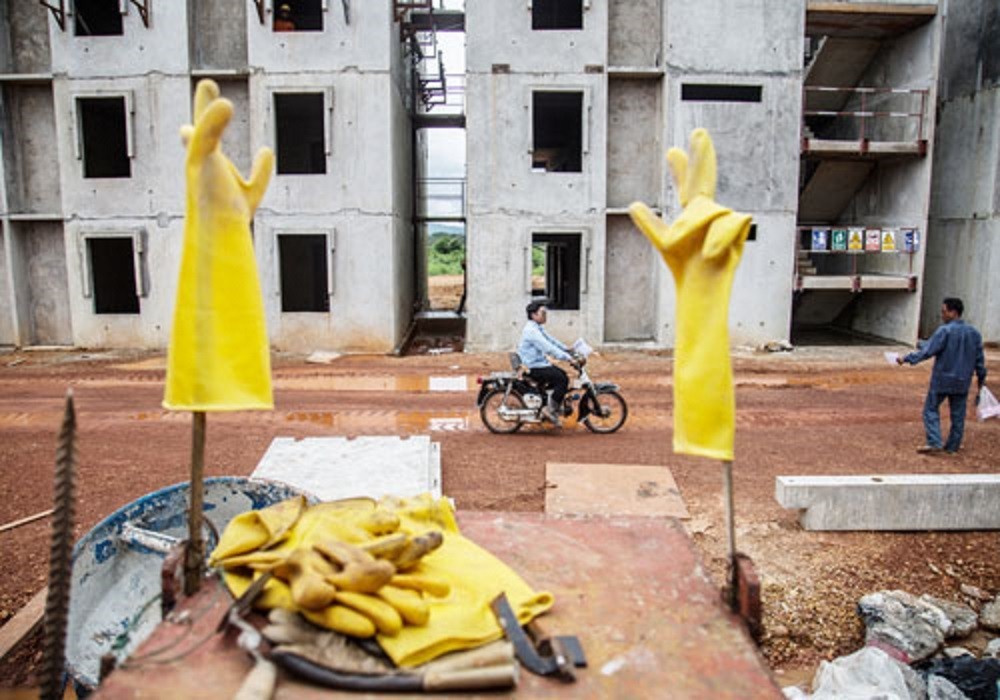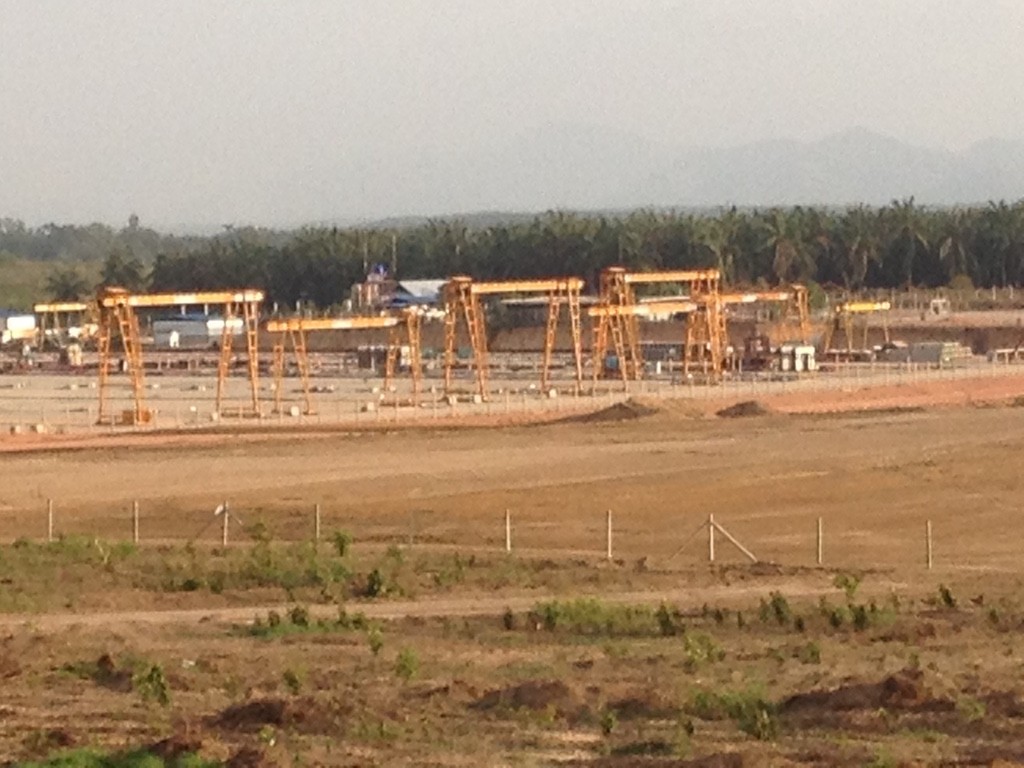Myanmar’s Energy Ministry has signed a 10-billion-baht concession agreement with a Thai company to produce electricity within the Dawei Special Economic Zone (SEZ).
The Thai company, United Power Of Asia PCL (UPA), recently inked the 30-year agreement with the government of Myanmar to build a natural gas power plant, which has a capacity of 200 megawatts.
It will be the first Thai power plant operating in the Dawei SEZ. Under the agreement, the Myanmar government will supply natural gas to the UPA power plant for free. The Thai company will also earn 1.18 baht for every unit of the electricity sold in the country.


